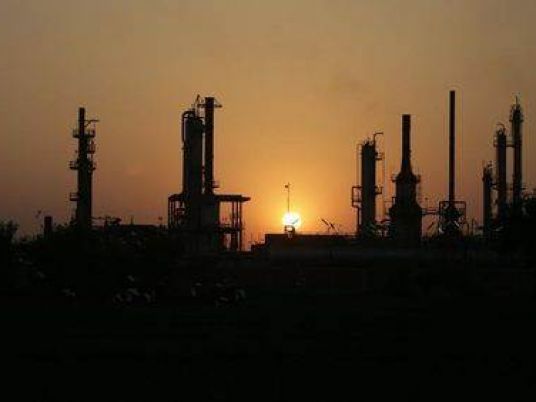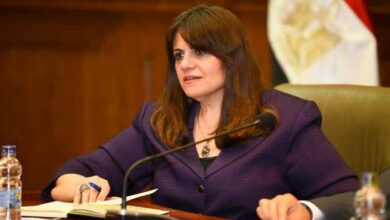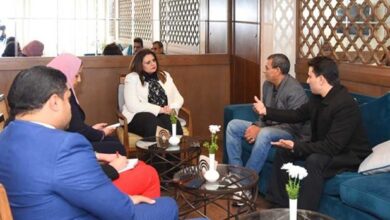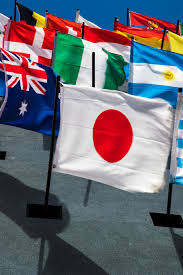
Egyptian Refining Company, which has been a successful example of a joint project between the Egyptian public sector, private companies and foreign investors, will be presented during the economic conference, according to the managing director of al-Qalaa Holding Group's energy sector investments, Mohamed Shoaib.
The project, valued at US$3.7 billion, aims to produce 4.2 million tons of refined petroleum products, including 2.3 million tons of diesel, which represents 60 percent of the current imports, said Shoaib.
The government, represented by the Egyptian General Petroleum Corporation, is a major stakeholder in the project (23.8 percent of the shares), followed by the Qalaa Holdings Group (11.7 percent) and a number of foreign companies and financial institutions.
The state-owned Cairo Oil Refining Company will cover the project's needs in terms of diesel fuel.
The company will sell its productis to the General Petroleum Corporation under a purchase agreement that offers the government a 1 percent discount compared to international prices, excluding the premium and the cost of transportation.
According to Ministry of Petroleum estimates, this agreement will allow for up to $330 million in savings per year.
The company has currently finished 50 percent of the project, including designs, supplies, and part of the construction. The operation trial is scheduled to start in 2017 and the project is expected to be fully operative by the end of the same year. The company attaches great importance to the refining projects which provide an added value for the state and the investor, because of the high chance of success in light of increased demand for energy on the domestic market, especially with regard to the expected economic boom in Egypt.
Shoaib also expects the hydrocracking project of Assiut Oil Refinery Company, which will be presented by the the Ministry of Petroleum during the conference, to be widely welcomed by the investors. The project is designed to use low-quality products to develop petroleum products of high economic value. In addition, the naphtha cracking project will contribute to the development of Upper Egypt.
The company is also interested in investing in the renewable energy sector, as it plans two solar energy projects, with a capacity of 50 MW. Solar energy is Egypt's hope for the future, said Shoaib, suggesting further research on the subject and international tenders for companies specialized in this field.
The new electricity law, which seeks to liberalize the sector, will contribute to boosting solar energy investments in order to respond to Egypt's energy requirements as well as exports, according to Shoaib.
The use of solar power and LED bulbs will save approximately 10 000 MW per year, considering that electricity consumption during the summer reaches 25000 MW. The government should issue legislation regarding solar-powered water heaters, so as to make their use compulsory in new urban communities, factories, and government agencies. The Ministry of Electricity could also provide those devices for citizens, who could pay for them by installments via electricity bills, he suggested.
Egypt needs about 400 million LED bulbs to save 5000 MW, he added. This will cost at least $1.5 billion, generating $4 billion in savings at the same time, which are currently used to import petroleum products to cover Egypt's energy needs.




